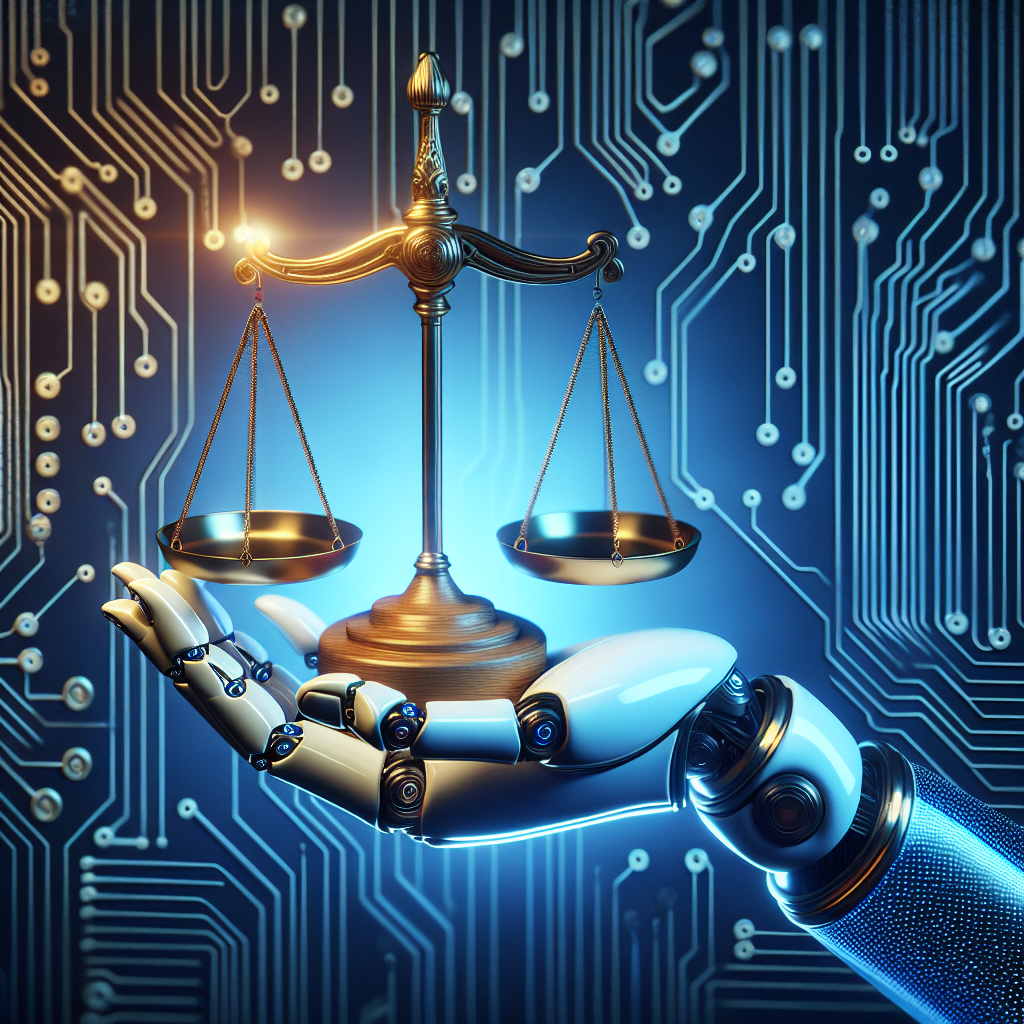Artificial Intelligence (AI) has become a ubiquitous presence in our daily lives, from virtual assistants like Siri and Alexa to self-driving cars and automated financial trading systems. While AI offers tremendous benefits and potential for innovation, it also raises a host of ethical considerations that need to be carefully navigated. In this article, we will explore some of the key ethical considerations in AI and provide guidance on how to address them.
The Impact of AI on Society
One of the primary ethical considerations in AI is the impact it has on society. AI has the potential to revolutionize industries, create new job opportunities, and improve efficiency and productivity. However, it also has the potential to displace workers, exacerbate inequality, and infringe on personal privacy.
For example, AI-powered algorithms have been criticized for perpetuating biases and discrimination, such as in hiring practices or criminal justice systems. It is crucial for developers and policymakers to ensure that AI systems are fair, transparent, and accountable to prevent these negative consequences.
Data Privacy and Security
Another important ethical consideration in AI is data privacy and security. AI systems rely on vast amounts of data to learn and make decisions, raising concerns about how this data is collected, stored, and used. There is also the risk of data breaches and malicious use of AI systems to invade privacy or commit cyberattacks.
To address these concerns, organizations must prioritize data protection measures, such as encryption, anonymization, and strict access controls. They must also be transparent with consumers about how their data is being used and obtain consent before collecting or sharing sensitive information.
Human Control and Accountability
One of the most fundamental ethical considerations in AI is the role of human control and accountability. AI systems are designed to operate autonomously, making decisions without human intervention. This raises questions about who is ultimately responsible when AI systems make mistakes or engage in harmful behavior.
It is essential for organizations to establish clear guidelines and mechanisms for human oversight of AI systems. Humans should have the ability to intervene, override decisions, and hold AI systems accountable for their actions. This requires robust testing, monitoring, and auditing processes to ensure the integrity and reliability of AI systems.
Transparency and Explainability
Transparency and explainability are also critical ethical considerations in AI. AI algorithms are often complex and opaque, making it difficult for users to understand how decisions are being made. This lack of transparency can lead to distrust, skepticism, and unintended consequences.
Developers must strive to make AI systems more transparent and explainable to users. This includes providing clear explanations of how algorithms work, what data they rely on, and how decisions are being made. By promoting transparency, developers can build trust with users and demonstrate the ethical integrity of their AI systems.
Conclusion
As AI continues to evolve and become more pervasive in society, it is crucial for developers, policymakers, and users to navigate the complex ethical considerations that accompany this technology. By prioritizing fairness, transparency, human control, and accountability, we can ensure that AI benefits society while minimizing risks and ethical concerns.
FAQs
Q: How can organizations ensure that AI systems are fair and unbiased?
A: Organizations can ensure fairness and unbiasedness in AI systems by carefully selecting and monitoring data, testing algorithms for biases, and implementing mechanisms for oversight and accountability.
Q: What steps can individuals take to protect their privacy when using AI-powered devices?
A: Individuals can protect their privacy by being cautious about sharing personal information, reviewing privacy settings on devices, and staying informed about data collection and usage policies.
Q: How can developers make AI systems more transparent and explainable to users?
A: Developers can make AI systems more transparent and explainable by providing clear documentation, visualizations, and plain-language explanations of how algorithms work and make decisions.
Quotes
“Ethical AI is not a luxury but a necessity. As we entrust more decisions to algorithms, we must ensure that these decisions are fair, transparent, and accountable.” – Tim Cook
Write a story about a group of friends who discover a hidden cave in the forest, leading them on an unexpected adventure.


